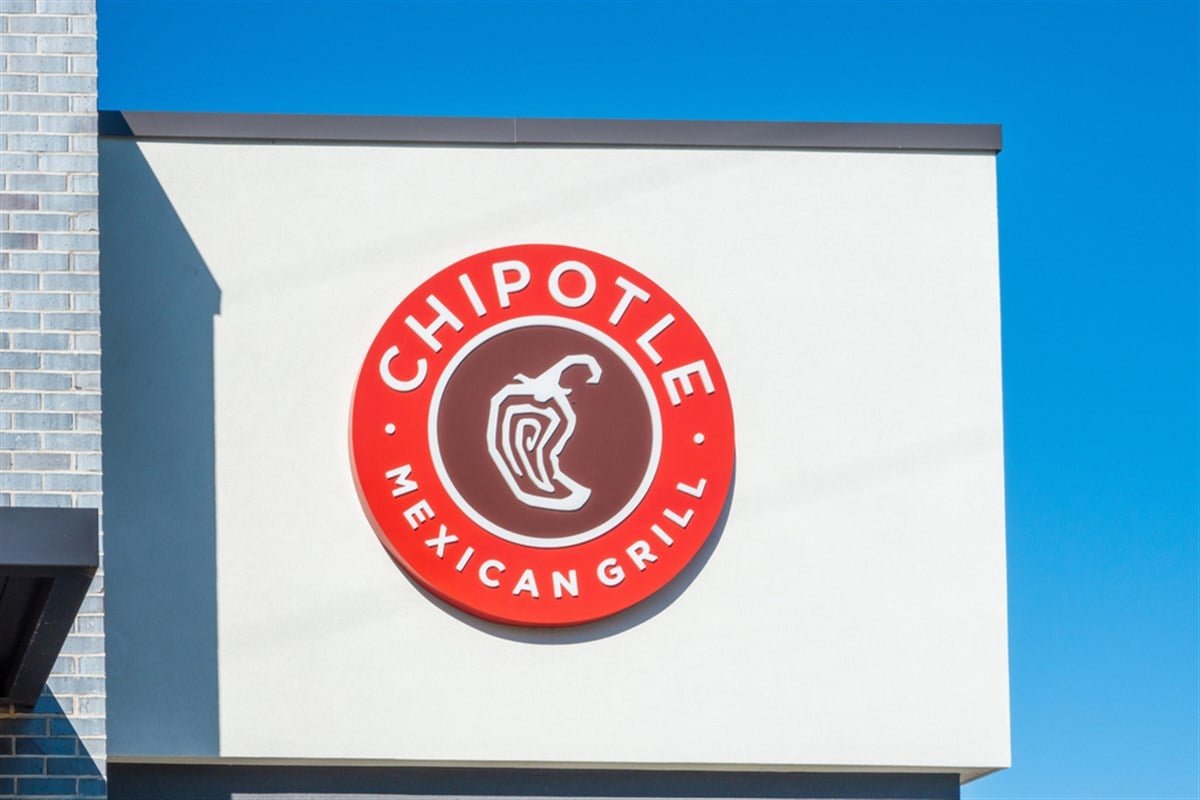 A new study has found that eating fatty junk food for as little as four days can alter the brain’s memory center, increasing the risk of cognitive problems.
A new study has found that eating fatty junk food for as little as four days can alter the brain’s memory center, increasing the risk of cognitive problems.Researchers at the University of North Carolina (UNC), US, discovered that foods rich in saturated fats, such as cheeseburgers and fries, can affect the brain much earlier than the visible effects of obesity, diabetes, or weight gain. The work, published in the journal Neuron, highlights the potential for early interventions to protect against memory loss linked to unhealthy diets.
The team observed that a cluster of brain cells in the hippocampus—known as CCK interneurons—became hyperactive when exposed to a high-fat diet. This happened because the brain’s ability to take in glucose, its primary source of energy, was disrupted. As a result, the hippocampus struggled to process and store memories effectively, even after just a few days of fatty food consumption.
Lead researcher Juan Song, professor of pharmacology at UNC School of Medicine, explained that this change in brain function occurs rapidly, before long-term health conditions set in.
The study also identified the role of a protein called PKM2, which regulates how neurons use energy. When disrupted, PKM2 contributes to the imbalance in brain activity that undermines memory.
Scientists believe the findings underscore how quickly diet can influence brain health. They also suggest that targeting energy regulation in brain cells could help prevent memory decline associated with obesity and high-fat diets.


